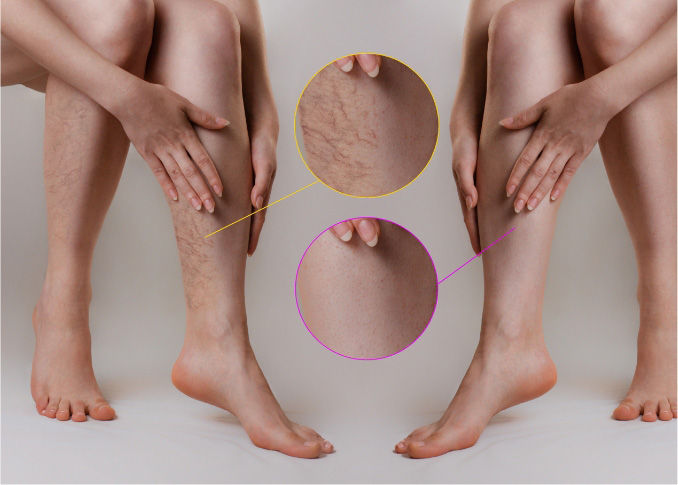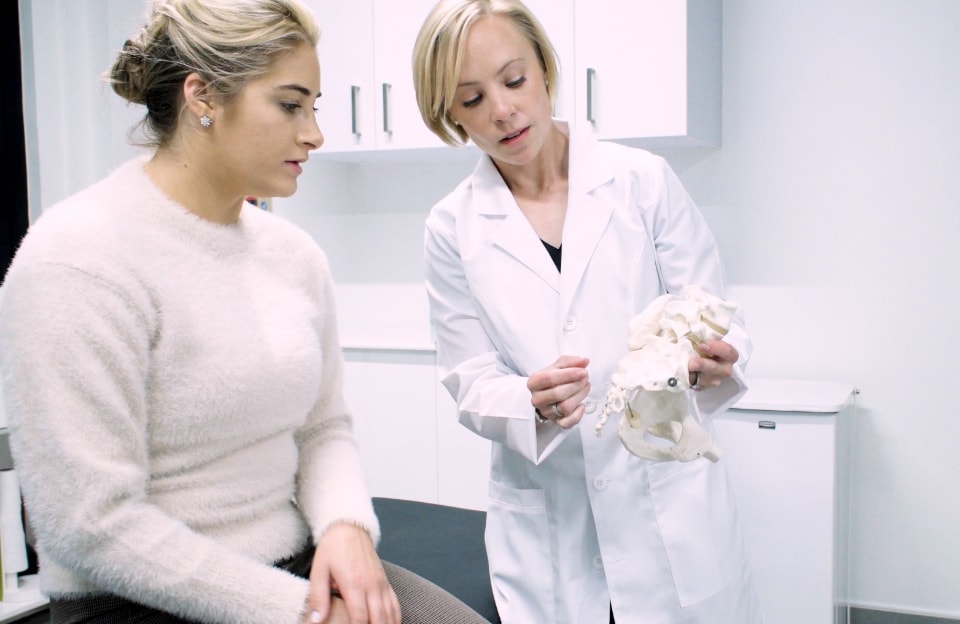What Kind of Doctor Is a Vein Specialist?
If you're dealing with varicose veins, spider veins, or other circulatory issues in your legs, you may be wondering, what kind of doctor is a vein specialist? Understanding the role of a vein doctor and how they help can guide you to the right treatment. In this article, we’ll walk you through the types of doctors who specialize in vein conditions and how Long Island vein treatment centers can provide expert care.
What Is a Vein Specialist?
A vein specialist is a medical professional who diagnoses and treats disorders of the veins, especially those affecting the legs. These conditions can include varicose veins, chronic venous insufficiency, spider veins, deep vein thrombosis (DVT), and leg swelling. Vein specialists focus on improving circulation and reducing the symptoms that come with vein disease.
If you're asking, what kind of doctor is a vein specialist, the answer can vary depending on their training. Typically, vein specialists come from one of three primary medical backgrounds: vascular surgery, interventional radiology, or phlebology.

Types of Vein Specialists
1. Vascular Surgeons
Vascular surgeons are trained to manage and surgically treat diseases of the blood vessels, including veins and arteries. They perform complex procedures when minimally invasive options are not enough. Although not all vascular surgeons perform cosmetic vein treatments, they often handle severe vein issues such as venous ulcers or blocked veins.
2. Interventional Radiologists
These doctors specialize in using imaging guidance to perform minimally invasive procedures. Interventional radiologists commonly treat vein conditions using catheter-based techniques such as endovenous laser treatment (EVLT) or sclerotherapy. Many Long Island vein treatment centers employ interventional radiologists for their expertise in non-surgical vein care.
3. Phlebologists
Phlebologists focus solely on the diagnosis and treatment of vein disorders. Though not recognized as a board-certified specialty by the American Board of Medical Specialties, phlebologists are often board-certified in related fields like internal medicine, dermatology, or surgery. They typically treat conditions such as spider veins and varicose veins using non-invasive techniques.
What Treatments Do Vein Specialists Offer?
When you visit a Long Island vein treatment center, your vein specialist will likely offer a variety of modern, minimally invasive procedures. These treatments are safe, effective, and often performed in-office without the need for general anesthesia. Common options include:
- Endovenous Laser Treatment (EVLT): Uses laser energy to close off problematic veins.
- Radiofrequency Ablation (RFA): Similar to EVLT but uses radiofrequency energy.
- Sclerotherapy: A chemical solution is injected into the vein to collapse it.
- VenaSeal™: A medical adhesive seals the affected vein shut.
- Ambulatory Phlebectomy: Small incisions are made to remove surface varicose veins.
Why Choose Long Island Vein Treatment?
Choosing Long Island vein treatment offers several advantages. Many local clinics specialize exclusively in vein health, offering a focused and personalized approach. These centers typically use state-of-the-art technology and have board-certified specialists on staff. Because Long Island is home to a mix of urban and suburban areas, patients can often find accessible, convenient care without needing to travel far.
Additionally, Long Island vein specialists are familiar with lifestyle factors and hereditary trends common in the region. This allows for a more tailored approach to prevention and ongoing vein health.
When Should You See a Vein Specialist?
If you're experiencing leg heaviness, aching, swelling, or visible veins, it’s time to consult a specialist. These symptoms could indicate chronic venous insufficiency or another underlying condition. Left untreated, vein issues can worsen and even lead to complications like skin ulcers or blood clots.
You don't need to wait until symptoms are severe. Many patients seek Long Island vein treatment for cosmetic concerns like spider veins or mild varicose veins. Early treatment can improve appearance, boost confidence, and prevent disease progression.

How to Choose the Right Vein Doctor
When asking what kind of doctor is a vein specialist and which one is right for you, consider the following:
- Board Certification: Look for doctors board-certified in vascular surgery, interventional radiology, or phlebology.
- Experience: Choose a provider with extensive experience treating vein conditions similar to yours.
- Technology: Opt for clinics that use modern diagnostic tools like Doppler ultrasound.
- Patient Reviews: Check online testimonials and ratings for insight into patient satisfaction.
Final Thoughts
If you’ve been asking yourself, what kind of doctor is a vein specialist, now you know the answer: vascular surgeons, interventional radiologists, and phlebologists all play vital roles in treating vein conditions. Choosing a reputable Long Island vein treatment center ensures you receive expert care tailored to your specific needs.
Whether you're seeking relief from discomfort or a cosmetic solution, don't delay your vein health. Consult a qualified vein specialist and take the first step toward healthier, pain-free legs.
Comments
Post a Comment